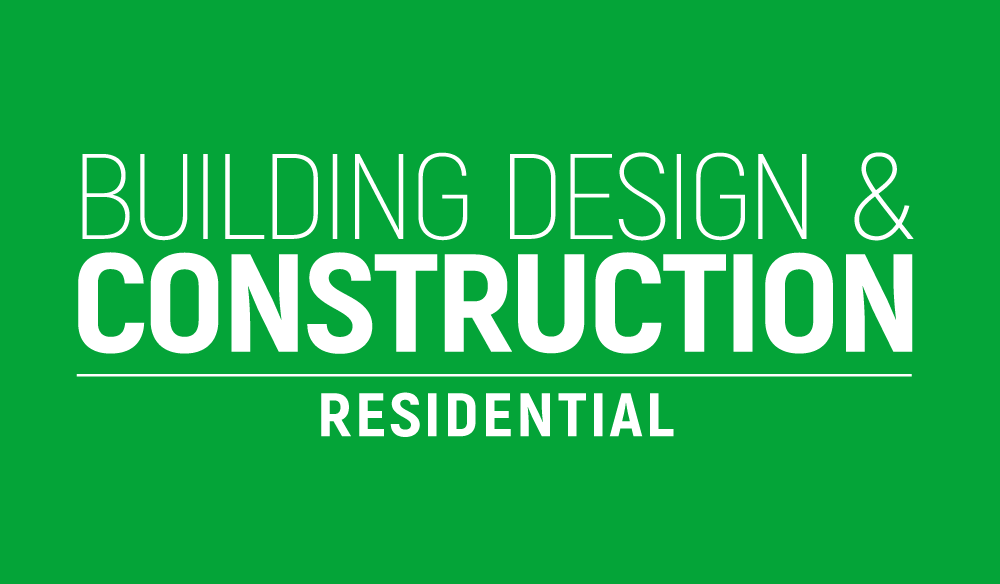As the country girds its loins for what Prime Minister, Keir Starmer, has warned will be a ‘painful’ October Budget, trade press headlines and social media channels have been inundated with more doom and gloom for the Private Rented Sector (PRS).
The prospect of rises in Capital Gains and Inheritance Tax would appear to have sparked a flurry of selling activity among some landlords.
Latest figures released by Rightmove revealed that the proportion of former rental homes moving into the sales market is the highest on record – at 18% of the total.
But Rightmove insists this does not point to a mass exodus of PRS landlords, although it does say the situation will have to be monitored for any long-term impact.
And I read the comment from Benham and Reeves’ Marc Grundherr with interest.
He said that if the Labour government imposed a significant tax increase on landlords, this would be another blow to those who provide vital housing stock.
He added: “Despite this, we’re simply not seeing the exodus of landlords that is so often reported…buy to let remains a strong investment – it’s certainly one that most take with a very long-term view and they expect ups and downs, but generally speaking, the returns are consistently good.”
Luxury apartments
This is the point – fundamentally, rental properties in the PRS are in short supply, demand remains strong and yields remain healthy.
Added to which the property market is changing. From the latest figures available from Uswitch, a third of first time buyers are aged over 35, 20% are aged 35-44 and 13% are over 45. So renters are staying in the PRS much longer and individual tenancy lengths are increasing, too.
This is just one of the reasons that Build to Rent has taken off so dramatically in the UK in recent years.
Only last week, Legal and General announced that its Slate Yard development in Manchester was being offered as an investment opportunity with a guide price of £110 million. It comprises 424 luxury apartments across three buildings and provides a gym, a residents’ lounge, co-working spaces and 24/7 concierge service.
Legal and General have deployed over £3bn of institutional capital into the sector in 24 schemes across 13 UK cities. Clearly, they believe there is a future in the rental market.
‘It’s all very well for the big boys, but what about the small private landlord?’ I hear you say, ‘The bureaucracy is becoming overwhelming.’
It’s true that there are political moves to introduce higher standards, warmer homes and to regulate the sector more thoroughly. But, in the long run, this can only be good for business.
Build to Rent is predominantly focused on city centres, but who is catering for the suburbs and the hundreds of small towns and villages all over the UK? Don’t they deserve a thriving rental sector, too?
And as for the bureaucracy, this is where technology comes in – it saves time and money and provides evidence of compliance.
Reduce move-in costs
Using ourselves as just one example, through integrations, flatfair Deposits utilises open banking technology and partners with the major UK deposit schemes to automatically register traditional deposits into the agent’s preferred scheme.
Deposit administration can carry the risk of hefty fines, reputational damage and sometimes worse. flatfair Deposits removes the potential of missed deadlines and human errors while saving agents and landlords around an hour of admin time per tenancy.
It also provides tenants with the important choice of a deposit alternative, to reduce their move-in costs by an average of £1000, while landlords double the protection on their property for potential damages or unpaid rent.
flatfair Deposits integrates with leading referencing providers, HomeLet and Homeppl, and cross-references these results against our own criteria to ensure the highest quality tenants are occupying the property.
Technology like flatfair Deposits is the solution and the way forward for the PRS. Increased regulation doesn’t have to mean an increased workload. We’re all going to have to work smarter, not harder.
If that’s the brave new world for the PRS, we’re looking forward to it.
Building, Design & Construction Magazine | The Choice of Industry Professionals





